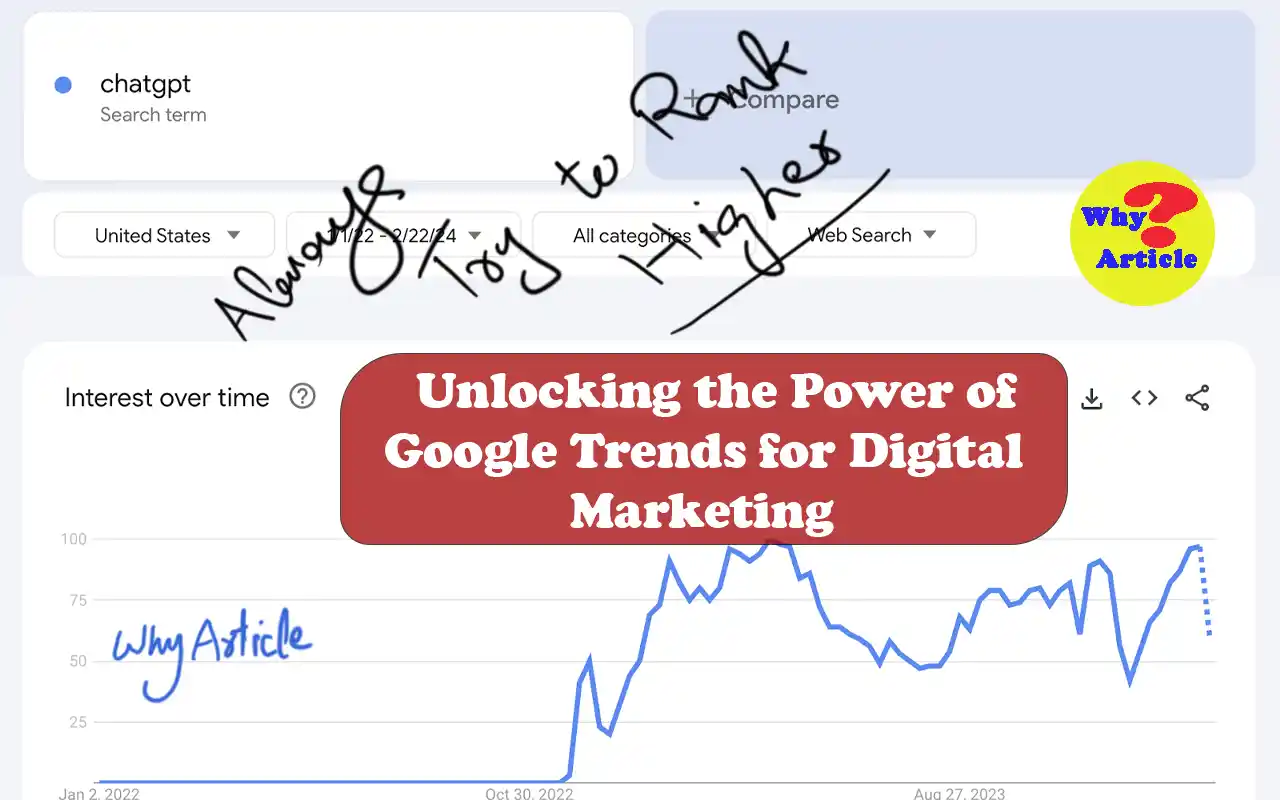In today’s digital age, influencer marketing has emerged as a powerful tool for brands and retailers to connect with their target audience. Social media influencers, individuals who have gained popularity on platforms like Instagram and YouTube, play a pivotal role in shaping consumer behavior and driving purchase decisions. This article explores the concept of homophily in influencer marketing and its impact on customer value co-creation behavior and purchase intentions.
Understanding Influencer Marketing
Influencer marketing has witnessed exponential growth in recent years, with brands leveraging the reach and influence of social media personalities to promote their products and services. Unlike traditional celebrities, influencers are seen as more relatable and authentic, making them effective brand ambassadors (Kay et al., 2020).
By partnering with influencers, brands can tap into new audiences and foster genuine connections with consumers, leading to increased brand awareness and engagement.
The Role of Homophily
Homophily, the similarity between influencers and their audience, plays a crucial role in influencer marketing.
Research suggests that audiences are more likely to engage with influencers who share similar demographic characteristics or psychological traits (Shen et al., 2010). This sense of similarity fosters trust and credibility, ultimately driving customer participation behavior and purchase intentions (Teng and Tsai, 2020).
However, despite its importance, homophily remains an understudied aspect of influencer marketing.
Customer Value Co-Creation Behavior
Influencer marketing goes beyond traditional advertising by creating opportunities for customer value co-creation. Customers are no longer passive recipients of marketing messages but active participants in the brand-building process (Vargo and Lusch, 2008).
Through engaging with influencers, customers contribute to the creation of value through content co-creation, feedback, and advocacy (Hajli et al., 2017).
This collaborative approach enhances brand loyalty and strengthens the bond between brands and consumers.
Theoretical Implications
This study extends existing theories of influencer marketing by introducing the concept of customer value co-creation behavior.
By examining the interplay between homophily, customer engagement, and purchase intentions, researchers can gain insights into how influencer marketing drives consumer behavior.
This theoretical framework provides marketers with valuable insights into the mechanisms underlying influencer-brand relationships and informs the development of effective marketing strategies.
Conclusion
Influencer marketing has revolutionized the way brands engage with consumers, offering a more authentic and interactive approach to marketing. By leveraging the power of social media influencers and understanding the role of homophily, brands can effectively drive customer engagement and purchase intentions.
Moving forward, further research into the dynamics of influencer marketing and customer value co-creation behavior will continue to shape the future of digital marketing.
Influencer marketing refers to the practice of partnering with social media personalities to promote products and services to their followers. It involves leveraging the reach and influence of influencers to drive brand awareness and engagement.
Homophily refers to the similarity between influencers and their audience in terms of demographic characteristics or psychological traits. It plays a crucial role in building trust and credibility, ultimately driving customer engagement and purchase intentions.
Customer value co-creation behavior involves customers actively participating in the brand-building process through activities such as content co-creation, feedback, and advocacy.
By engaging with influencers, customers contribute to the creation of value, enhancing brand loyalty and driving purchase intentions.
Studying influencer marketing provides valuable insights into the mechanisms underlying consumer behavior and brand-consumer relationships.
By understanding the role of factors such as homophily and customer value co-creation behavior, marketers can develop more effective marketing strategies tailored to their target audience.




